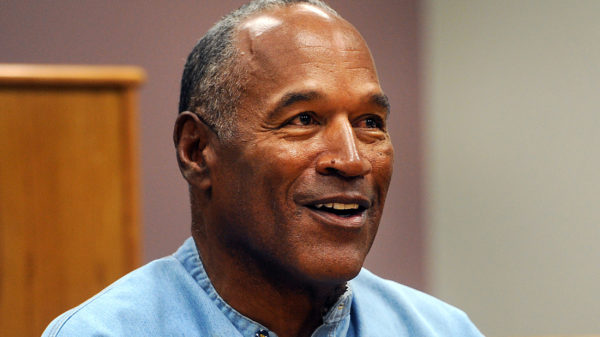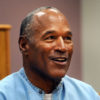In June 2013, we saw disgruntled Brazilians taking to the streets nationwide to protest the high cost of preparations for the upcoming FIFA World Cup in Brazil. The demonstrations captured in real time the Brazilians’ frustrations finally bubbling over. Brazilians have taken advantage of the fact that the world’s eyes are now on their country and scenes of dissatisfaction with the standards of living in the country have taken center stage. The world cup is driving a frenzy of road construction, airport renovations and other projects and people have been made to make way. Evictions, forceful removals and demolitions have become synonymous with the world cup in Brazil.
Yes the world cup is going to bring loads of goodies to Brazil, (jobs, GDP etc) but they will for the most part be limited to the 12 host cities. The actions of the Brazilian government towards it people provide evidence that the world cup’s legacy won’t quite be what was initially expected. Predictions of its economic impact don’t reflect reality. For instance, the estimates of the number of jobs created directly and indirectly by the event don’t consider the increase in productivity and the fact that as a result, companies might produce more and offer more services without creating a significant number of permanent jobs. Could this be a case of short term gain clouding long term judgment?
The butterfly effect
In a world where economies are becoming more and more intertwined taking the example of the housing collapse in the U.S. causing the global economic downturn of 2008, a butterfly flapping its wings in Tokyo can cause a storm in New York. As the Greeks will be watching the World Cup then the Olympics in Brazil, many of them will be wondering how they went from international pride and glory in 2004 to the disaster that is today’s crisis which threatened to bring down the whole Euro-zone and required magnanimous intervention from other states.
Within days of the closing ceremony, Greece warned the euro area that its public debt and deficit figures would be worse than expected. The 2004 deficit came in at 6.1 percent of gross domestic product, more than double the euro-zone limit, while debt reached 110.6 percent of gross domestic product, the highest in the European Union. With the governing bodies of these super tournaments expressing interest in moving more towards awarding developing countries the chance to host these events, are such options really viable? Even Londoners had a hard time dealing with the kind of money they had to spend during the Olympics.
The total cost in infrastructure investment for the World Cup is estimated to be over 25 billion reais ($10.5 billion), of which only 15% are financed by the private sector. Similar fractions have been seen in past world events. Is this a viable model for countries that are getting more and more ravaged with debt? I know football fans will disagree with me but it doesn’t take a brain dead monkey to realize that public money is more efficient when used to build a new hospital than a new stadium. Again, short term gain versus long term judgment.
White Elephants
And then we have the proverbial white elephant that is left behind with every one of these parties. The dead capital that is the symbol of heritage that the locals who once inhabited that piece of land will experience a short term burst of pride for. Sure, the Olympics will be coming to Brazil in around a year’s time, but those Olympics will be held in Rio not in 12 cities! The white elephant problem is something that Portugal is all too familiar with, with the country considering razing some of its stadiums after losing ideas of what to do with them a few years after the 2004 Euro championship.
When the Championships are over, some obscure cities in Brazil will be left with beautiful stadiums to behold and no beautiful plans for their use. A city like Manaus situated in the middle of the Amazon will host only four games during the championships but that will probably be the only soccer that place will see, somehow the planners didn’t think of the fact that the area doesn’t even have a soccer club (I’m not saying that soccer is the only thing done in stadiums in Brazil, but there’s only so much one can do effectively with 50,000 plus seater stadiums). The same goes for Natal, Cuiaba and even Brasilia! Brazil, it seems, is already taking suggestions for what to do with these stadia prompting legends like Romario to suggest,
“Maybe, they’ll stage concerts at those stadiums a few times a month, but that aside, they’re a joke.”
Countries like Greece and Portugal have shown signs that mega tournaments like the world cup and the Olympics are proving to be risky ventures for economies as the years go by and show that little thinking sometimes goes beyond the festivities. Meanwhile back home, we just signed ourselves into over 300 billion plus shilling debt, let’s hope this writer will still be alive to tell you when the fireworks happen on this one. Let’s not let our short term thinking cloud long term judgments, let’s do projects that add value to our citizens.
By Madung Odang
JKUAT








































